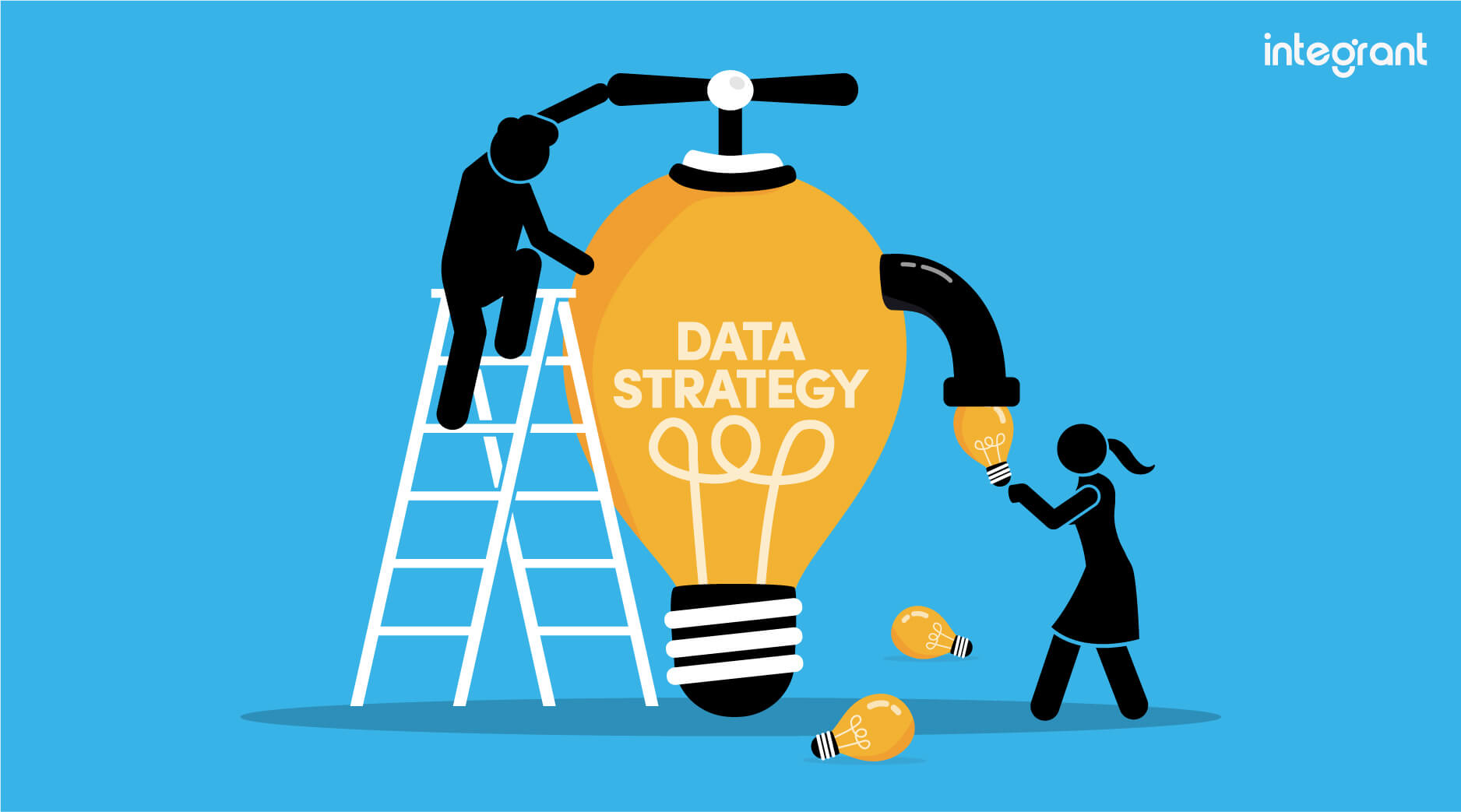Life Sciences Data Management: The Key to Solving Biotech Software Challenges

Data longevity, flexibility, and security are critical to success in the biotech industry. So, it’s understandable to experience frustration, uncertainty, and unease when facing challenges in these areas. One thing to note: You are not alone.
As a software development company, our teams see these frustrations often. To help eliminate these challenges for our clients, we’ve come up with one solution that tackles them all: Data Strategy.
We've put together the following case study to demonstrate the full impact of a data strategy for biotech clients, including how it can improve data management in life sciences, compliance, and innovation.
Data Management in Life Sciences: Meet The Client
This client is a biopharmaceutical company founded in 1992. Since its founding, our client has been working on developing effective treatments for neurological and endocrine-related diseases and disorders.
Our team has been working with this client for *enter time*, helping to contribute our software expertise to their high-stakes projects. Headquartered in San Diego, California, this client daily deals with data from multiple human and machine sources.
Data Management in Life Sciences: Key to Solving Biotech Software Challenges
With several data sources, it is no surprise that this client faced long-term challenges when it came to processing and securing data. Along with this challenge came a few more we’d like to highlight today.
Increasing Accessibility Through Data Centralization
It’s not uncommon for Data to exist in a multitude of disparate systems across an organization. This can make access difficult.
Reducing Data Loss
Data can be lost or inaccessible due to a multitude of systems and media used to store it.
Inability to Create a 360 View
Building a 360 view is both labor and time intensive due to the distribution of data across systems.
Data Analysis Flexibility
When using analysis tools, data flexibility can be limited if data is siloed in a multitude of systems and formats
Inability to Enable Data Science
A lot of effort goes into getting data ready for AI and ML.
Data Source Agnosticism
If data is currently affined to the storage format of the managing systems, independent formats can be introduced to represent data and not be tied to any particular system.
The Need for a Platform That Can Evolve with Them
Need to be able to evolve the analytical ecosystem to accommodate future needs as they arise.
Life Sciences Data Management: Our Solution to Solving Biotech Software Challenges
So, how can a life sciences data management strategy be the answer to all of these challenges? Let’s look at the explanation our biotech software development company provided for each challenge.

Increasing Accessibility Through Data Centralization
The data platform represents a centralized environment to collect all the data from operational systems across the organization. Regardless of its origin in the organization, scientists wishing to access data for analytical purposes have a single destination.
Reducing Data Loss
As the data is centralized within the data platform and maintained over time, current and historical data for all processes within the organization is preserved. This would directly mitigate the risks of data loss.
Creating a 360º Viewer
Since the data is gathered, collected, and logically integrated on the data platform, producing a 360-degree view of the data can be automated.
Data Analysis Flexibility
All of the data maintained on the data platform, across various levels of refinement, are available for consumption through standard data communication protocols supported by the majority of data analysis tools on the market. If a specialized format is required, custom pipelines can be built. This will allow scientists and researchers maximum flexibility in analyzing the data with whatever tools they see fit.
Enable Data Science
Pipelines can be built within the data platform to prepare datasets for AI and ML workloads automatically. The datasets can be built and accessed from any level of data refinement. Versions of these datasets will also be maintained for later access by data scientists.
Data Source Agnosticism
We can accept any data source because the data resides in an independent logical model. The data can be extracted and transformed to comply with any model. This provides the freedom to transition from one particular system to another or even add systems for the same process.
Evolvability
- The data platform is an ecosystem of analytical systems with a storage engine. The composition of the ecosystem can be adjusted to accommodate growth and future needs.
- Storage can be expanded to accommodate larger data volumes.
- Analytical systems can be multiplied to handle increases in analytical workloads.
- New analytical systems can be added to handle specialized needs or increased analysis frequencies.
- Because the data is maintained in all stages of refinement (including raw data), the architecture governing the interactions between the various components in the analytical ecosystems can evolve to adopt industry best practices as they arise and mature.
With data strategy, these issues can be confronted and gaps can be bridged in order to make this client's data sourcing, storing, and sharing system more effective and efficient. Not only will this provide relief for many data frustrations but setting up a data strategy now will save time in the long run.
Wrapping It Up
So, are you ready to say goodbye to your data worries? A targeted data strategy for Biotech clients can eliminate many of the significant challenges commonly faced in the Biotech world of data.
Nothing feels better than relieving yourself and your teams of the frustrations, uncertainty, and uneasiness that linger as you battle data loss, inflexibility, and inaccessibility. Cut it off at the source by connecting with one of our experts today when you set up your free consultation!